(TQI) is the leading online resource dedicated exclusively to Quantum Computing.
Category: quantum physics – Page 558

Computing: CERN is one of the most highly demanding computing environments in the research world
The World Wide Web was originally conceived and developed at CERN to meet the demand for automated information-sharing between scientists in universities and institutes around the world. From software development, to data processing and storage, networks, support for the LHC and non-LHC experimental programme, automation and controls, as well as services for the accelerator complex and for the whole laboratory and its users, is at the heart of CERN’s infrastructure.
The Worldwide LHC Grid (WLCG) – a distributed infrastructure arranged in tiers – gives a community of thousands of physicists near real-time access to LHC data. The CERN data centre is at the heart of WLCG, the first point of contact between experimental data from the LHC and the grid. Through CERN openlab, a unique public-private partnership, CERN collaborates with leading ICT companies and other research organisations to accelerate the development of cutting-edge ICT solutions for the research community. CERN has also established a medium-and long-term roadmap and research programme in collaboration with the high energy physics and quantum-technology research communities via the CERN Quantum Technology Initiative (QTI).
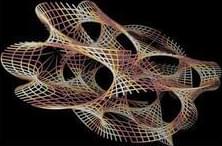
String Theory Reveals the Multiverse
Year 2020 :3.
Atoms are made of protons, neutrons and electrons. And they are small. So small that 100 million hydrogen atoms would span the width of your fingernail. String theory proposes that at the most fundamental level of space there are objects that are much smaller than these elementary particles: tiny little filaments of energy, called “strings.”
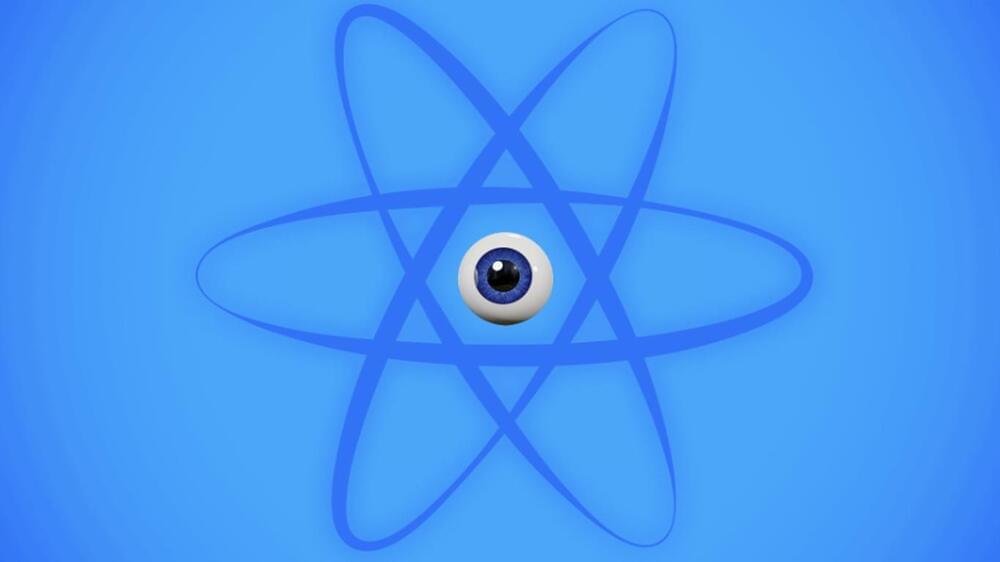
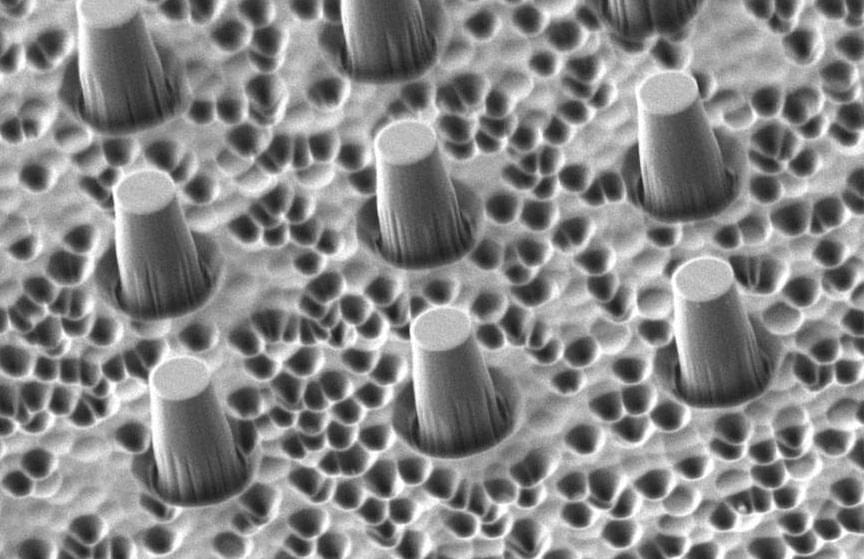
A molecular close-up
Imagine going for an MRI scan of your knee. This scan measures the density of water molecules present in your knee, at a resolution of about one cubic millimeter – which is great for determining whether, for example, a meniscus in the knee is torn. But what if you need to investigate the structural data of a single molecule that’s five cubic nanometers, or about ten trillion times smaller than the best resolution current MRI scanners are capable of producing? That’s the goal for Dr. Amit Finkler of the Weizmann Institute of Science’s Chemical and Biological Physics Department.
In a recent study (Physical Review Applied, “Mapping Single Electron Spins with Magnetic Tomography”), Finkler, PhD student Dan Yudilevich and their collaborators from the University of Stuttgart, Germany, have managed to take a giant step in that direction, demonstrating a novel method for imaging individual electrons. The method, now in its initial stages, might one day be applicable to imaging various kinds of molecules, which could revolutionize the development of pharmaceuticals and the characterization of quantum materials.
The experimental set-up: A 30-micron-thick diamond membrane with one sensor, on average, at the top of each column, magnified 2,640 times (top) and 32,650 times (bottom)
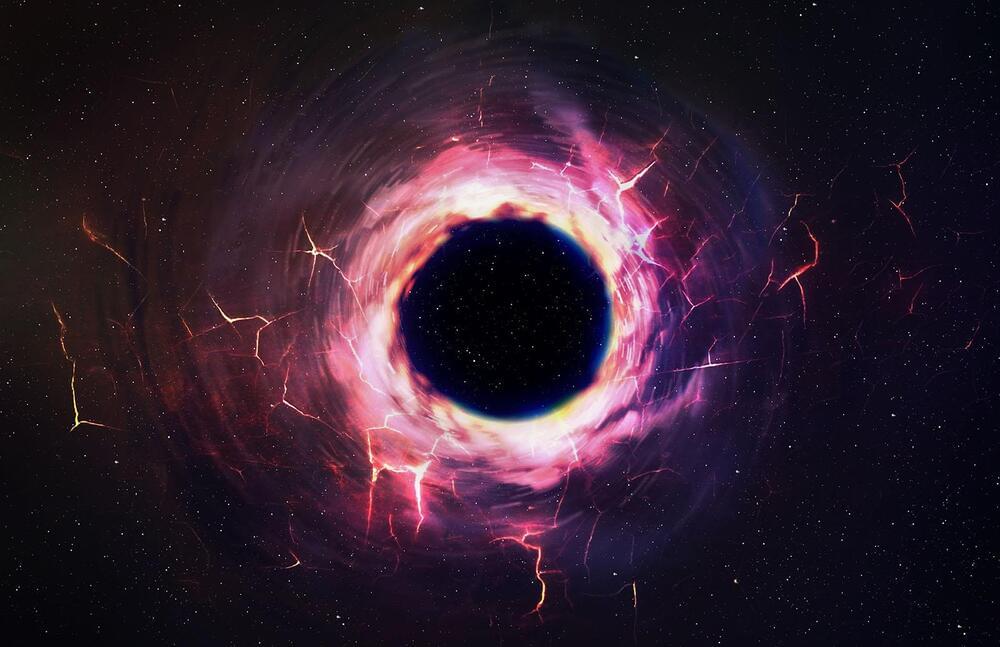
Researchers think alien civilizations might be creating black holes to store quantum data
A new paper has proposed an absolutely wild idea. What if aliens are creating black holes to use as quantum storage? It sounds crazy, but some scientists say it could give us a solution to the Fermi Paradox, which essentially states that if life is common in our universe, why have we not found evidence of it beyond Earth?
This paradox has caused quite a few ripples throughout the scientific community, especially within parts that believe alien life is out there, just waiting to be discovered. The new paper has yet to be peer-reviewed, but it was created by a team of German and Georgian scientists who say we may be looking in the wrong direction in our search for alien life.
Currently, we rely on radio signals to search for signs of life out in the universe. But, these researchers suggest that we should instead approach black holes as if alien civilizations created them as massive quantum computers to store data in. As such, we should be looking for technosignatures emanating from megastructures like pulsars, white dwarf stars, and black holes.
Curious about quantum?
As “Ant-Man and the Wasp: Quantumania” hits theaters, learn about the future of quantum and NSF efforts to advance the quantum future.

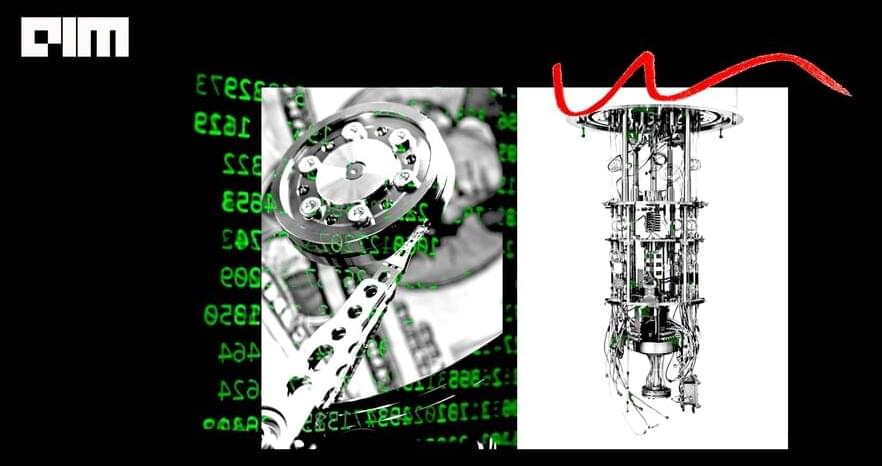
6 Quantum Algorithms That Will Change Computing Forever
Here is a list of some of the most popular quantum algorithms highlighting the significant impact quantum can have on the classical world:
Shor’s Algorithm
Our entire data security systems are based on the assumption that factoring integers with a thousand or more digits is practically impossible. That was until Peter Shor in 1995 proposed that quantum mechanics allows factorisation to be performed in polynomial time, rather than exponential time achieved using classical algorithms.
Multiverse Warfare & Quantum Mania
Go to https://nordpass.com/isaacnordpass and use code isaacnordpass at the checkout to get additional 1 month for FREE!
If travel to other realities and multiverses is possible, then so is conflict between them, but how would a multiversal war be fought?
Visit our Website: http://www.isaacarthur.net.
Join Nebula: https://go.nebula.tv/isaacarthur.
Support us on Patreon: https://www.patreon.com/IsaacArthur.
Support us on Subscribestar: https://www.subscribestar.com/isaac-arthur.
Facebook Group: https://www.facebook.com/groups/1583992725237264/
Reddit: https://www.reddit.com/r/IsaacArthur/
Twitter: https://twitter.com/Isaac_A_Arthur on Twitter and RT our future content.
SFIA Discord Server: https://discord.gg/53GAShE
Listen or Download the audio of this episode from Soundcloud: Episode’s Audio-only version: https://soundcloud.com/isaac-arthur-148927746/multiverse-warfare-quantum-mania.
Episode’s Narration-only version: https://soundcloud.com/isaac-arthur-148927746/multiverse-war…ation-only.
Credits:
Multiverse Warfare and Quantum Mania.
Science & Futurism with Isaac Arthur.
Episode 382, February 16, 2023
Written, Produced & Narrated by Isaac Arthur.
Editors:
David McFarlane.
Briana Brownell.
Lukas Konecny.
Graphics: